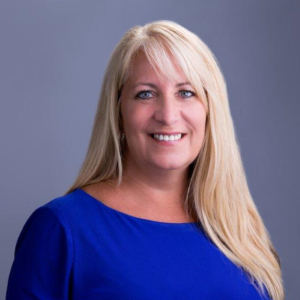25% of seniors don’t talk about end-of-life care, says UC study
American seniors just don’t like talking about death, notes a new study published in JAMA. A survey of 2,100 seniors showed that more than one-quarter has never even discussed end-of-life care, and only 52 percent have discussed advanced directives, said researchers at the University of California–San Francisco.
When asked about advance directives, durable power of attorney and end-of-life care conversations, only 37 percent of the study participants said they had discussed all three. Sixty percent had discussed end-of-life care, while only 49 percent had discussed a durable power of attorney.
Researchers also noticed differences among races and ethnicities. Hispanics were the lowest reported group to discuss advance care planning, while educated caucasians were the highest.
In addition, those who need to be discussing end-of-life care the most urgently because of their waning ability to communicate their wishes (i.e., those with dementia) are discussing it far less than other seniors.
Overall, the survey results are disappointing: “Despite decades of work to improve advance care planning, over a quarter of older adults have still not engaged in any type of discussion or planning for their end-of-life preferences or plans,” said Krista Harrison, PhD, geriatrics research fellow at UCSF and lead researcher of the study. “Our findings suggest that there are substantial portions of the population of community-dwelling older adults who need to begin discussions about their plans and preferences before they are unable to share those preferences with their loved ones.”
Senior living communities can be invaluable in spreading awareness of the importance of end-of-life discussions, including advanced directives. Free resources to help start the conversation are available from many organizations, including the National Institute on Aging and the Conversation Project.

Pamela Tabar was editor-in-chief of I Advance Senior Care from 2013-2018. She has worked as a writer and editor for healthcare business media since 1998, including as News Editor of Healthcare Informatics. She has a master’s degree in journalism from Kent State University and a master’s degree in English from the University of York, England.
Related Articles
Topics: Alzheimer's/Dementia , Clinical











